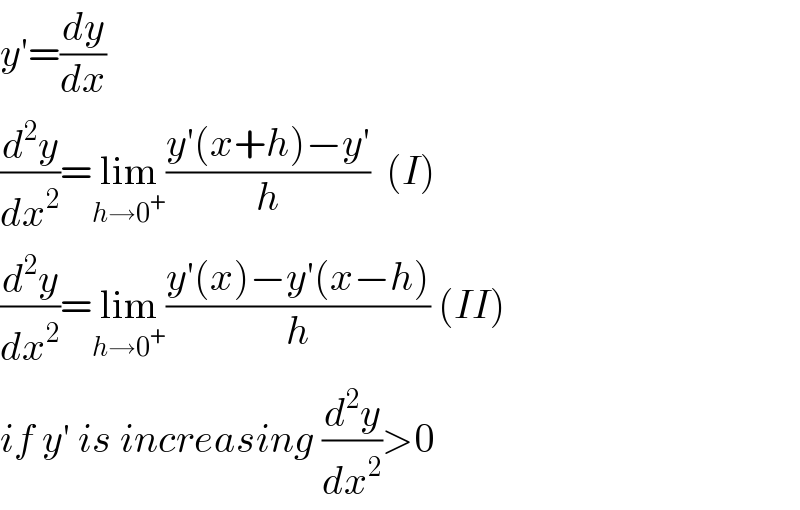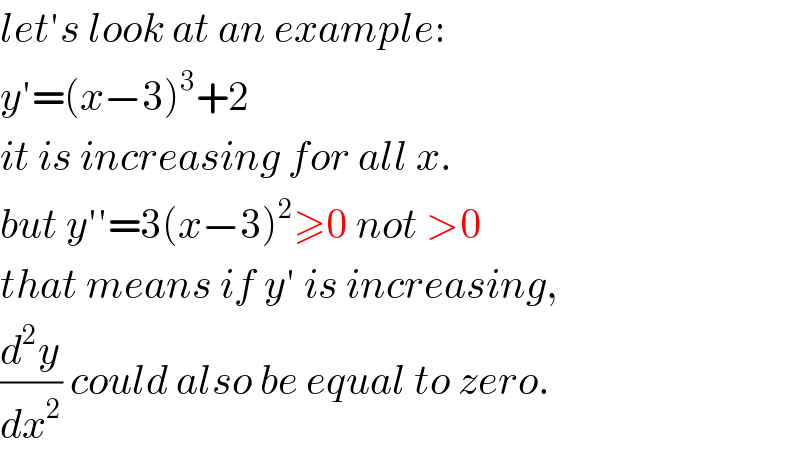
Question and Answers Forum
Question Number 26381 by Tinkutara last updated on 24/Dec/17

Commented by Tinkutara last updated on 24/Dec/17
Should answer be (4) or not?
Commented by mrW1 last updated on 24/Dec/17

Commented by Tinkutara last updated on 24/Dec/17
But answer given is only (1).
Commented by prakash jain last updated on 24/Dec/17

Commented by mrW1 last updated on 25/Dec/17

Commented by mrW1 last updated on 25/Dec/17

Commented by prakash jain last updated on 25/Dec/17

Commented by mrW1 last updated on 25/Dec/17

Commented by Tinkutara last updated on 25/Dec/17
Thanks to both mrW1 and prakash jain!
